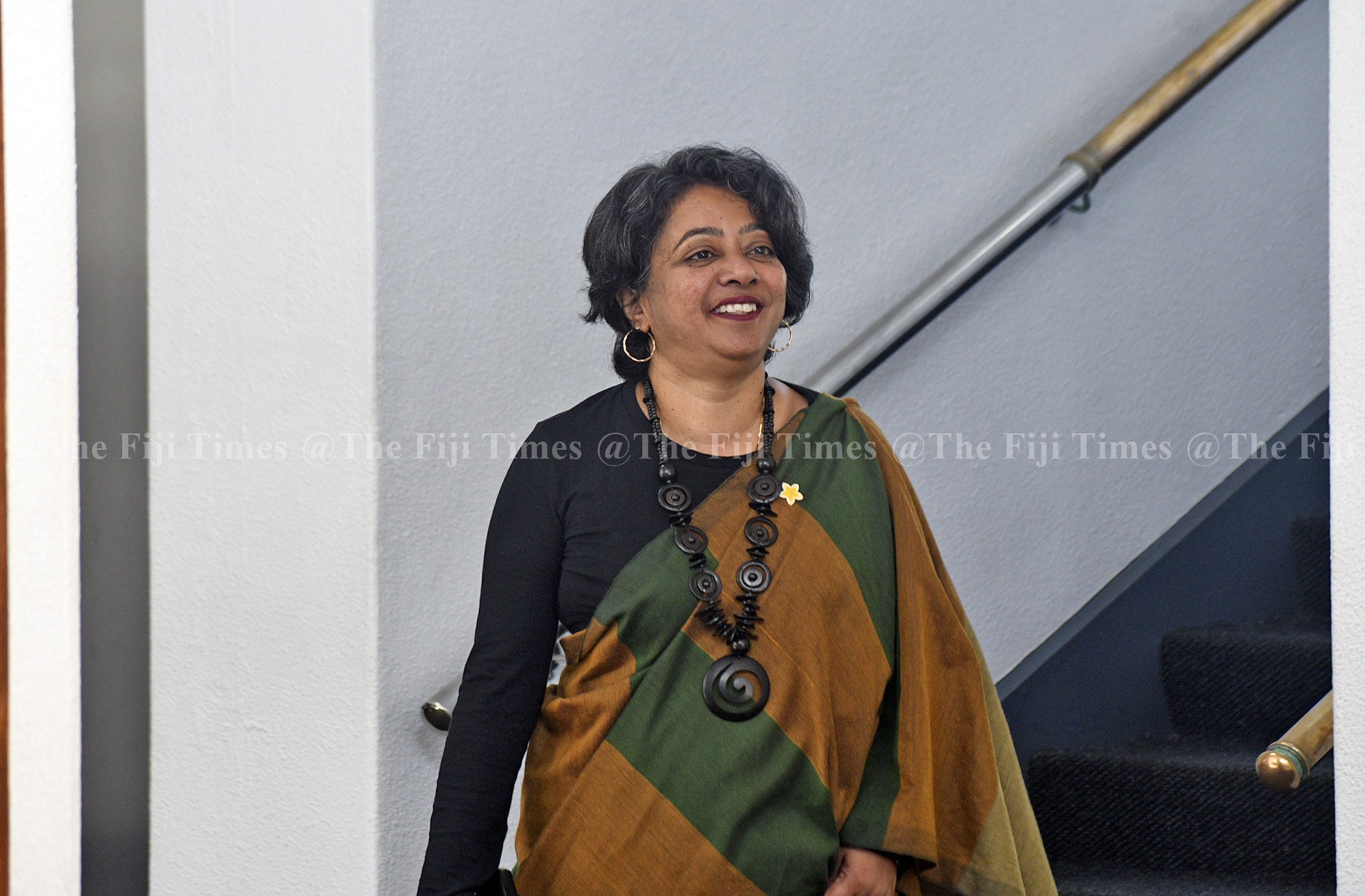Prevention of violence against women and girls in all their diversities can help reduce the economic cost of $300million, which is equivalent to 6.6 per cent of Fiji’s Gross Domestic Product (GDP).
Minister for Women, Children and Social Protection Sashi Kiran told the Parliament last week that in Fiji, gender inequality and entrenched power imbalances within households and society remained fundamental root causes of economic disempowerment for women and girls in all the diversities.
“Discriminatory social and cultural norms, along with gender neutral laws, policies, and budget investments, and the pervasive crisis of gender-based violence, continue to limit the full and equal participation in the economy,” Ms Kiran said.
She said the Women’s Economic Empowerment National Action Plan (WEENAP) was aligned with and contributed to Fiji’s key national, regional and international commitments to gender equality and women’s empowerment.
“These include the 2030 Agenda for Sustainable Development and the Sustainable Development Goals, and the National Action Plan to Prevent Violence Against all Women and Girls,” Ms Kiran said.
“It also supports Fiji’s obligations under the Convention on the Elimination of all forms of Discrimination Against Women (CEDAW), the Convention on the Rights of Persons with Disability (CRPD), the Beijing Platform for Action, the Pacific Platform for Action on Gender Equality and Women’s Human Rights 2018-2030 and the revitalised Pacific Leaders Gender Equality Declaration, among Others.”
She said women in all the diversities in Fiji played a pivotal role in driving the nation’s economic development, contributing significantly across various sectors and settings.
“Their involvement in agriculture, fisheries, tourism, handicraft and MSMEs form the backbone of Fiji’s economic activity, particularly in rural and semi-urban areas.
“In agriculture and fisheries, women are often responsible for food security, food production, processing and vending, ensuring household sustenance and market supplies.
“Similarly, in tourism, a key pillar of Fiji’s economy, women are integral as employees, entrepreneurs and cultural ambassadors.
“They played a dominant role in health, education and social sectors, serving as educators, healthcare workers, social workers and caregivers, where their contributions were essential to improving national wellbeing and building human capital.”
Ms Kiran said gender inequality and entrenched power imbalances within households and society remained fundamental root causes of economic disempowerment for women and girls in all the diversities.
“Discriminatory social and cultural norms, along with gender neutral laws, policies and budget investments and the pervasive crisis of gender-based violence, continued to limit the full and equal participation in the economy.”

